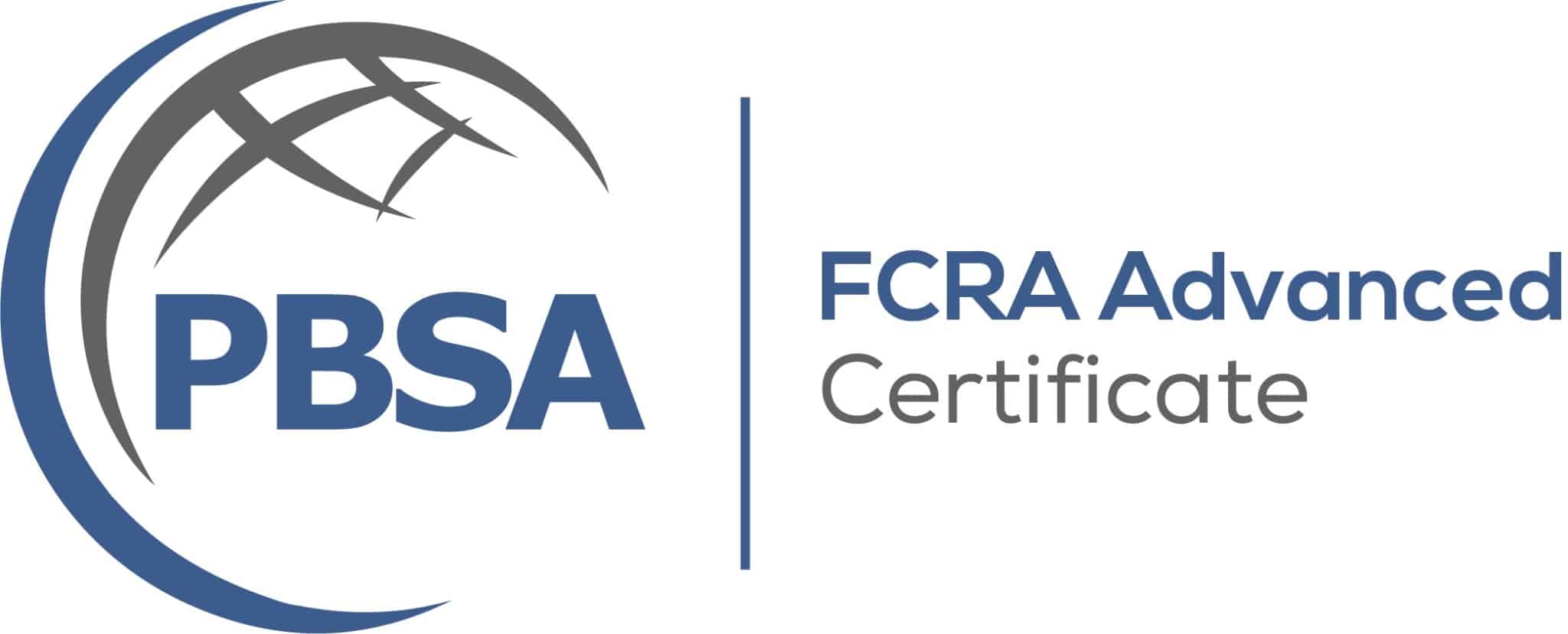How Much Should a Background Check Cost in 2025? A Simple Employer Guide
Short answer: in 2025, most employer background checks land between $35 and $120 per hire before any drug testing, MVRs, or verifications. Add those items and your all-in total typically runs $60 to $180+, depending on role risk and location. For help picking a right-sized package, see our
FCRA-compliant employment background checks
What actually drives cost
A “background check” is a bundle of searches that you tailor to the job. Pricing shifts with:
-
Scope of criminal searches: database screens are pointers; county courthouse checks provide verified records.
-
Identity mapping: SSN/address history to find the right jurisdictions and names.
-
Role-based add-ons: motor vehicle records, employment/education checks, professional licenses, and credit (where permissible).
-
Drug testing: method (urine, oral fluid, hair) and panel size.
-
Volume and hiring geography: more candidates and more counties can change totals.
Bottom line: the more sensitive the role, the more depth you’ll want.
2025 price ranges at a glance (vendor fees; add-ons priced separately)
Use these typical employer-paid ranges as planning guardrails:
-
Basic criminal package (ID/SSN + national pointer + 1–2 county verifications): $20–$40
-
Standard criminal package (broader county scope): $35–$60
-
Professional package (adds one verification): $50–$85
-
Employment or education verification (each): $15–$25
-
MVR/driver record (vendor fee): $10–$20 (state DMV charges are separate)
-
Credit report (permissible roles): $8–$15
-
Drug test: urine 5–10 panel $30–$60; hair $90–$120+
These are ballparks to compare vendors and build a budget. Your actuals will vary by state and the mix of roles you hire.
Pass-through fees (quick note)
Pass-through fees are a mandatory part of the background check process because courts, DMV offices, schools and institutions, and third-party verification services often charge fees to access and retrieve information. A reputable background check company will list these fees individually on your invoices so you know what you’re paying.
Drug testing in 2025: methods, panels, and when to upgrade
Urine: the default for most employers; fast, cost-effective, 5–10 panel options.
Oral fluid: convenient collections, useful for near-term detection.
Hair: higher cost, longer look-back window; common for safety-sensitive positions.
Tips:
-
Start with a 5- or 10-panel for most roles; upsize only for safety-sensitive jobs.
-
Use hair testing when you need a broader detection window.
-
Keep your policy clear on when and which tests you order.
-
Coordinate with MVR checks for drivers so you’re screening consistently.
MVR/driver checks: who needs them and what they add
If a role drives for work, budget for an MVR. Expect a vendor fee of $10–$20 plus the state’s DMV charge. Add it to your criminal package for delivery, field-service, and fleet roles.
-
Annual re-screens keep risk down.
-
Some insurers expect it for drivers.
-
Combine with drug testing for a consistent safety program.
Employment, education, and credential verifications
Verifications confirm what’s on the résumé and can be the difference between a good hire and a costly mistake.
-
Employment verification: $15–$25 each
-
Education/degree verification: $15–$25 each
-
Professional license check: pricing varies by board; often similar to a verification
-
International checks: expect longer turnaround and varied fees
Order only what’s relevant to the role to control cost.
Why Some Background Check Costs Are Variable:
-
Court access fees vary by jurisdiction. Some counties provide digital access with only a small cost involved, while others require manual clerk assistance and may charge between $3 and $95 or more per search.
-
Database “hits” must be adjudicated. If a record is found in a national or multi-jurisdictional database, the FCRA requires that it be verified at the original source — typically the county courthouse — before it can be legally reported.
-
Applicant history dictates the search scope. If your applicant has lived in multiple states or counties over the last 7–10 years, additional searches may be needed to provide a complete and compliant report.
-
Drug testing costs depend on site and panel type. Prices can change based on location, collection site surcharges, or the level of testing (e.g., 5-panel vs. 10-panel with opiates and oxycodone).
Example: You may order a package for $40, but if your applicant has lived in a high-fee jurisdiction or has a database record that needs local verification, your total could rise depending on those court fees — which are legally required to ensure accuracy and compliance with the FCRA.
How EDIFY Handles This:
We believe in price transparency and client communication. While certain third-party or jurisdictional costs are out of our control, we always:
-
Disclose when additional fees are possible
-
Explain why they’re necessary and legally required
-
Help you anticipate potential cost impacts based on applicant history
- Provide you a Fee Lookup Tool so that you can know exactly how much may be conveyed to your final invoice.
What Should a Small or Medium Sized Business Expect to Pay?
A decent rule of thumb is to determine the hourly wage of the role being filled and multiply by 2, so if a person will be making $25/hr you can expect to spend approximately $50 ($25×2) for the background check. For small businesses hiring entry-level or mid-level employees, you should plan to spend $30–$60 per applicant for a legally compliant, accurate, and role-appropriate background check.
If you’re hiring for:
-
Drivers: add an MVR and FMCSA check
-
Healthcare/childcare: include FACIS and credential verifications.
-
Finance/executives: layer in credit history, civil court checks, and credential verification
These additions may bring the price up, but they offer immense protection against negligent hiring and reputational risk.
Turnaround time vs quality: Smart Tradeoffs
“Instant only” sounds great until a record is missed or misattributed. A sensible approach is to use database results to point searches, then verify at the county level.
-
Quicker isn’t always better; courthouse verifications protect accuracy.
-
Ask vendors for typical turnaround by search type.
-
Use clear adjudication rules so decisions stay consistent and fair.
Real-world scenarios (estimated totals)
These ballparks combine typical vendor fees plus the usual extras for each role type. Your totals may vary.
Retail hourly hire (no driving):
-
Standard criminal $35–$60 + minimal extras → ~$35–$80
-
If retail is a big hiring channel, see retail employee screening.
Retail employee screening
Delivery driver:
-
Standard criminal $35–$60 + MVR $10–$20 + drug test (urine) $30–$60 → ~$80–$160
Professional services hire (degree verify):
-
Standard criminal $35–$60 + education verification $15–$25 + optional credit $8–$15 → ~$60–$100
Caregiver/home health aide:
-
Expanded county scope $45–$75 + urine drug test $30–$60 → ~$75–$135
How vendors price (and compare apples to apples)
Most providers offer packages with à la carte add-ons. When comparing quotes:
-
Confirm what’s in each package vs add-on.
-
Look for platform or minimum-monthly fees that inflate your per-hire price.
-
Clarify whether verifications are per attempt or per completion.
-
Ensure MVR vendor fees and any state DMV charges are itemized separately.
-
Check re-screen pricing for annual checks.
-
Ask for sample invoices to preview how fees show up.
Compliance anchors that keep costs predictable
Two things keep you protected and avoid rework:
-
EEOC: Use criminal records in a way that’s job-related and consistent with business necessity. Document individualized assessments when needed.
-
FCRA: When a report could impact a hiring decision, follow the pre-adverse/adverse action steps. It’s simple, protects candidates, and reduces dispute costs.
For practical help putting compliant checks in place, see our employer background checks overview.
Employer background checks
Budget worksheet: quick formula
Use this repeatable math:
-
Role risk level (low / standard / safety-sensitive)
-
Criminal package you’ll use
-
Add-ons (MVR, verifications, credit, drug test)
-
Average pass-throughs for your hiring states
-
Expected monthly volume
Formula:Estimated total per hire = Package fee + Add-ons + Average pass-throughs
Example (driver): $45 package + $15 MVR + $45 urine test + $10 average pass-throughs = $115.
Final Thoughts: The Right Background Check Is Worth the Cost
You get what you pay for. A $10-$15 instant background check might seem attractive — until you face a wrongful rejection claim, a negligent hiring lawsuit, or find yourself scrambling after a bad hire.
For 2025 budgeting, plan on $35–$120 for the background check itself, then add role-specific items like drug tests, MVRs, and verifications. Keep costs predictable by using right-sized packages, itemized invoices, and simple, compliant workflows. Ready to compare exact numbers?
See our background check pricing
Want to Know What a Background Check Will Cost for Your Business?
Let’s build a custom screening solution that fits your roles, your industry, and your budget.
📞 336-283-0237
📧 [email protected]
🌐 www.edifyscreening.com
FAQ
Q: Why do prices vary so much?
A: Location and number of places an applicant has lived, different roles need different searches, and states/counties charge different access fees.
Q: Are database-only checks enough?
A: No. Use databases as pointers; verify at the county level for accuracy and compliance with the FCRA.
Q: When should I add an MVR?
A: Any role that drives for the organization, regardless of whether the vehicle is company owned or not.
Q: Hair vs urine drug tests?
A: Hair costs more but looks back longer; urine is the budget-friendly default.
Q: Do re-screens cost the same?
A: Criminal re-screens may be lower depending on updated address history and age of any prior reportable records; MVRs and drug tests are usually similar each time.
More Sources to Explore
The resources provided here are for educational purposes only and do not constitute legal advice. We advise you to consult your own counsel if you have legal questions related to your specific practices and compliance with applicable laws.












